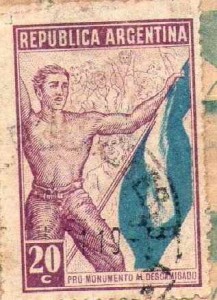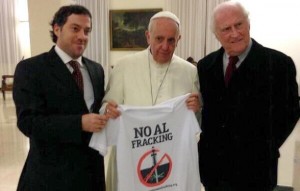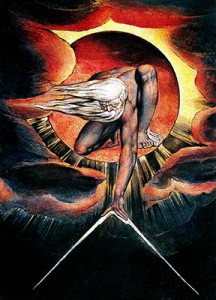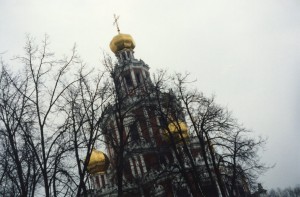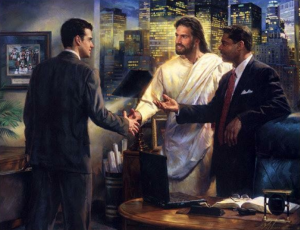 Via Andrew Sullivan, Benjamin Wallace-Wells’ examination of American conspiracism in New York magazine:
Via Andrew Sullivan, Benjamin Wallace-Wells’ examination of American conspiracism in New York magazine:
The seduction of conspiracy is the way it orders chaos.
Hmmm, that sounds like another phenomenon I could mention, which makes this entertainingly ironic :
In the summer of 1964, the English philosopher and logician Bertrand Russell—past 90 years old then and possibly the most famously rational person on the planet—read the early accounts of the Warren Commission Report with mounting alarm. None of the important questions, he thought, were being answered. There was the matter of the parade route being changed without explanation at the last minute, so that the motorcade passed Lee Harvey Oswald’s workplace; the geometrically confounding arrangement of entry and exit wounds; the curious fact that an alibi witness who helped get an alternate suspect released from custody turned out to be a stripper at Jack Ruby’s club. The logician went to work. Meticulously, Russell documented the discrepancies between each first-person account and the divergences between each report in the media. He gave his document a modest, scientific-sounding title (“16 Questions on the Assassination”) and a just-the-facts tone….
Bertrand, Bertrand, Bertrand.
Just another reminder that the impulses that played such a part in the creation of religious belief will always be with us.

